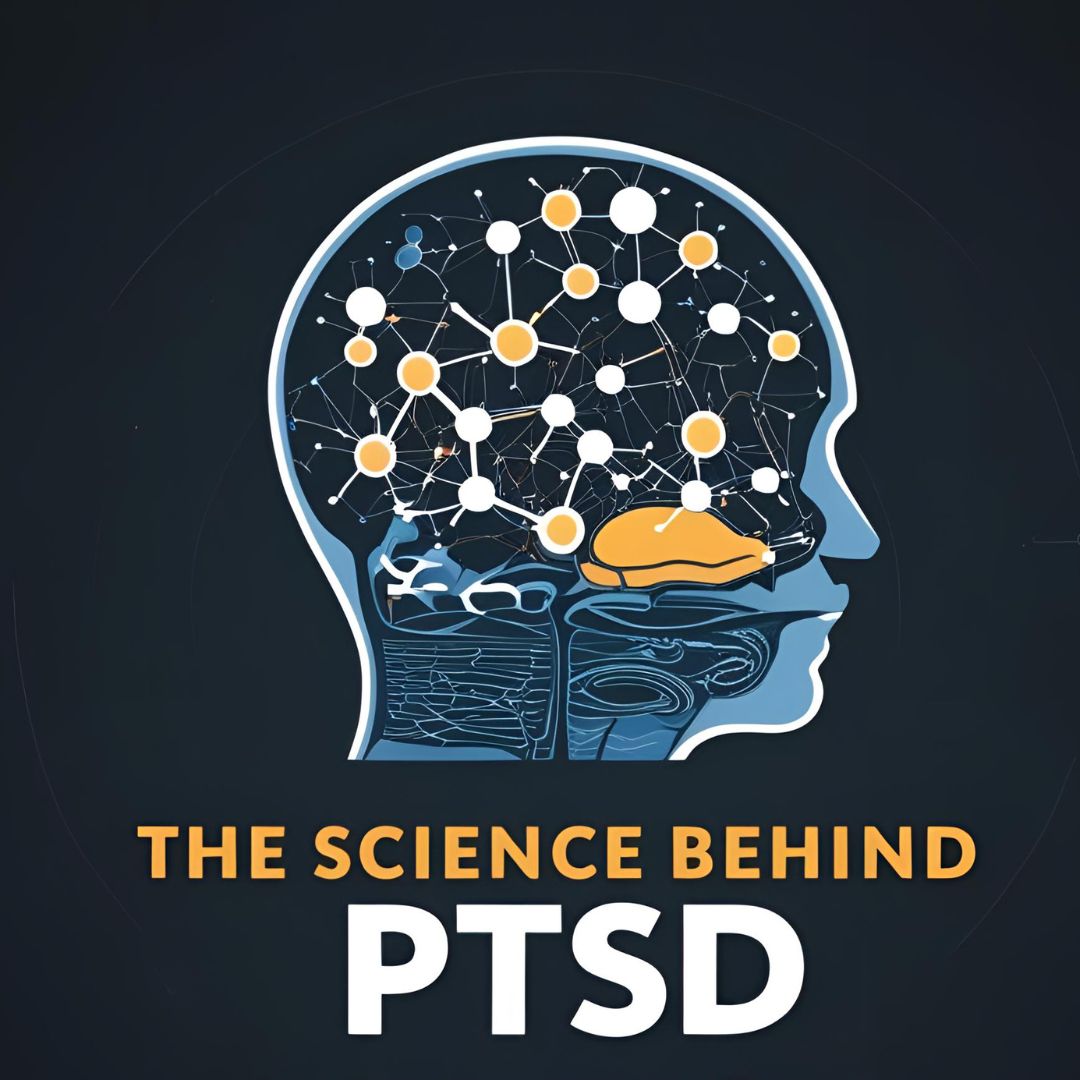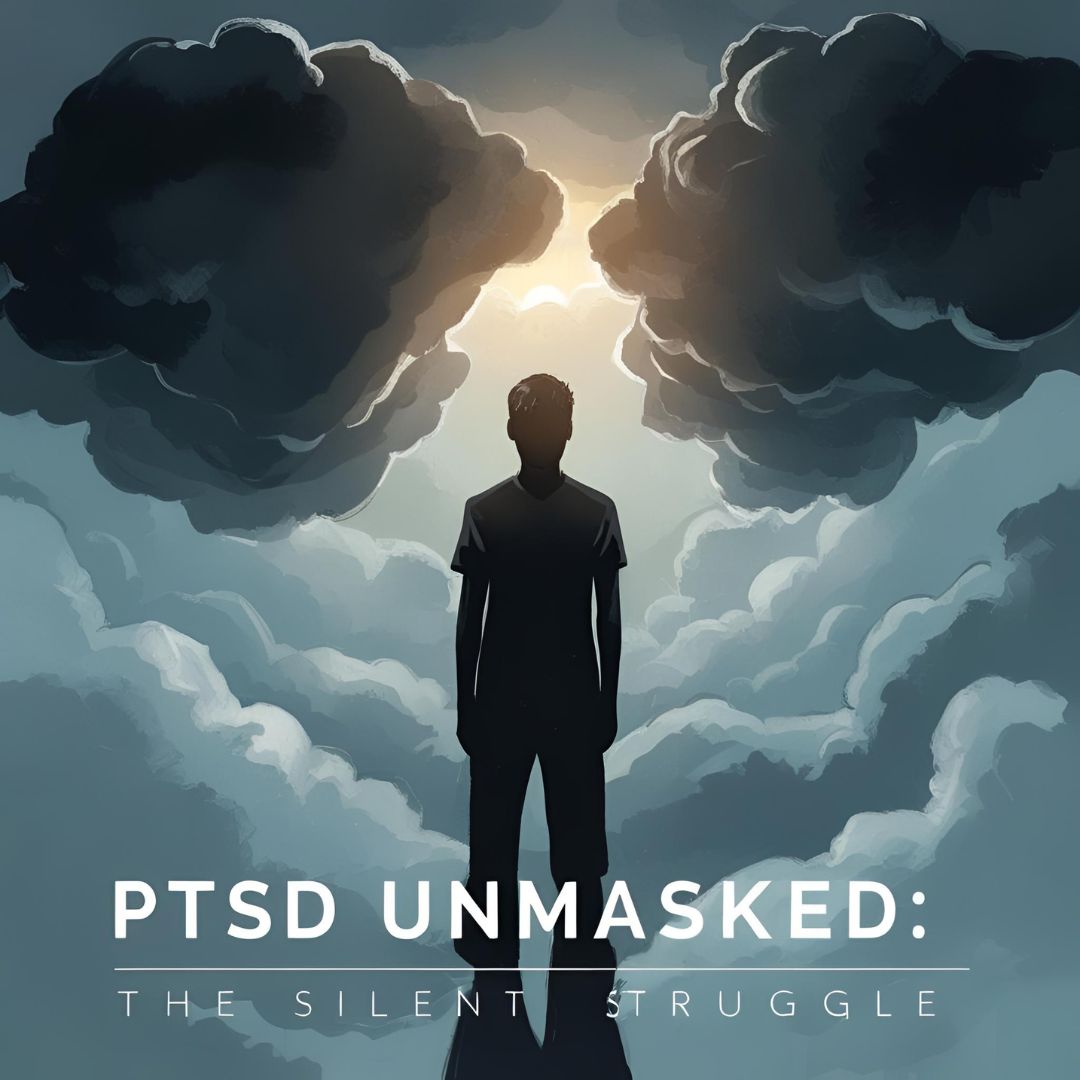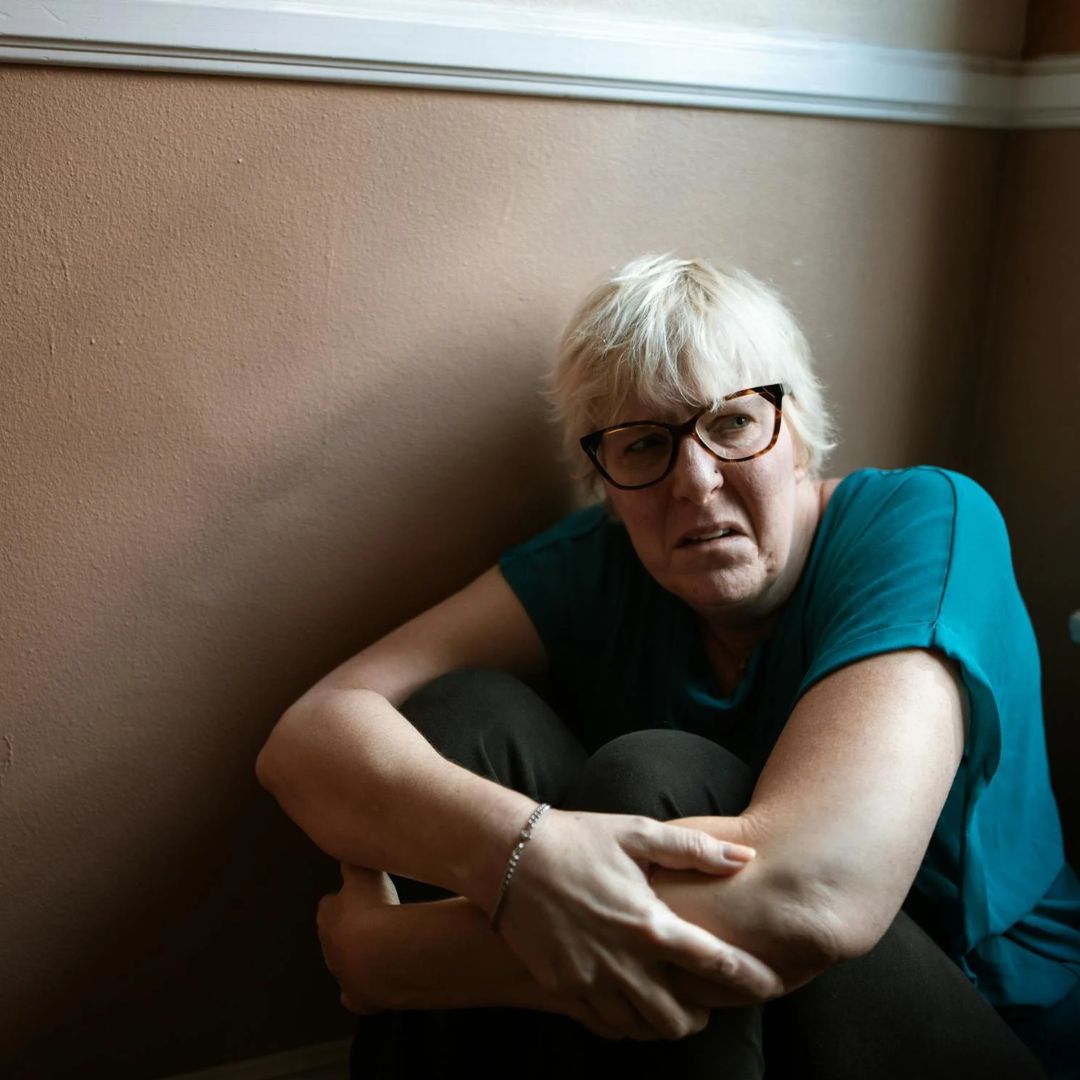LifeHetu
27 Mar 25 04:30 am
Debunking Myths About PTSD - What Everyone Needs to Know
Uncover the truth about PTSD with this myth-busting guide. Learn how to identify PTSD symptoms, debunk common myths, and find expert online counseling services and virtual therapy in India.
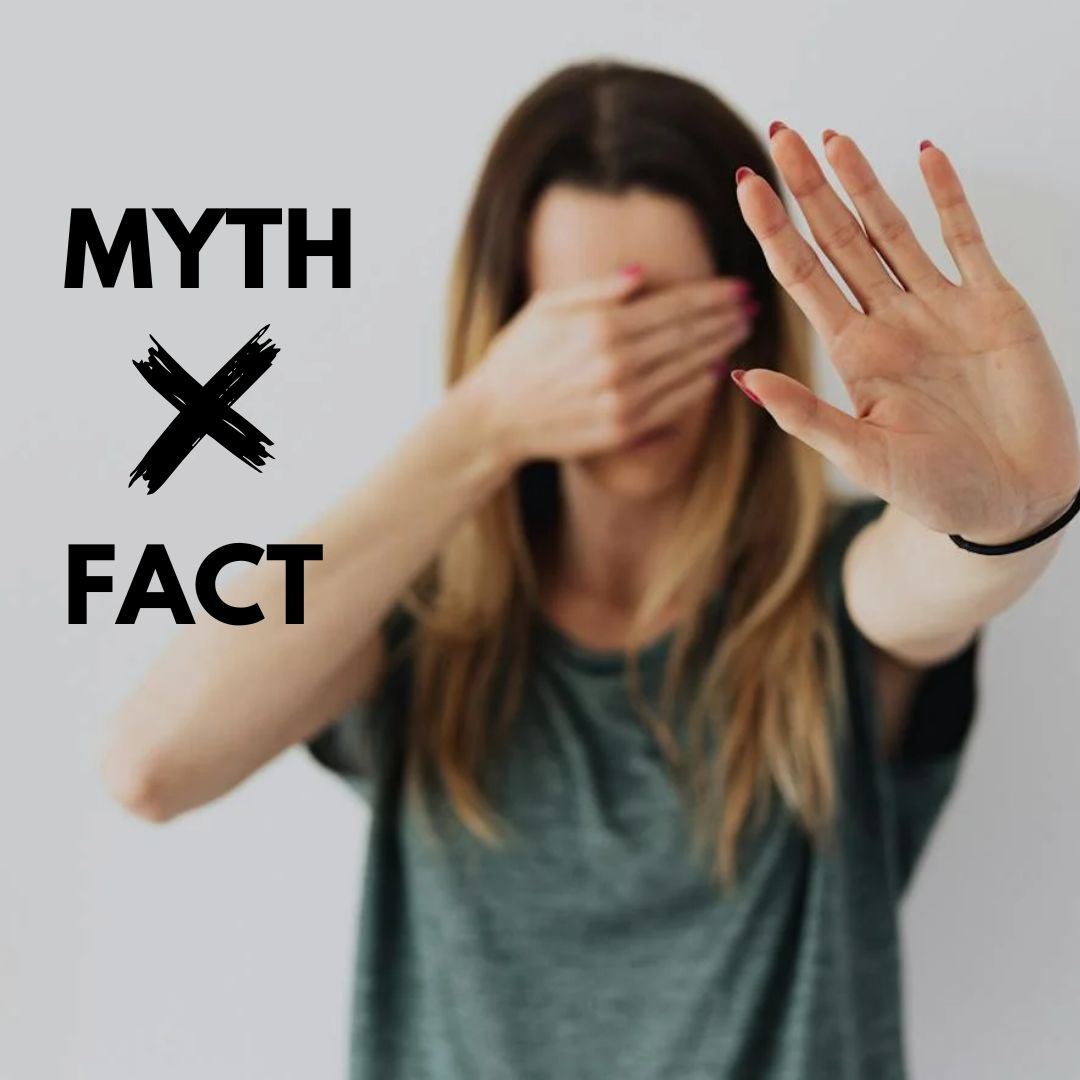
Introduction
Aarav, a 32-year-old IT professional, finds himself haunted by a car accident he survived a year ago. Despite physically recovering, he feels trapped by the memories—flashbacks, nightmares, and an overwhelming sense of fear that he can’t shake off. Aarav’s family believes he just needs to “move on” and that therapy is for the weak. The truth is, that Aarav is struggling with Post-Traumatic Stress Disorder (PTSD), a condition often misunderstood in India. According to statistics in 2021, the prevalence of PTSD in the general population in India was 0.24%.
PTSD is a mental health disorder triggered by experiencing or witnessing a traumatic event. Despite its prevalence, myths and misconceptions around PTSD often prevent people from seeking the help they need. In this blog, we’ll debunk some common myths about PTSD and explore how platforms like LifeHetu can provide support with the best psychologists in India.
Myth 1: PTSD Only Affects Soldiers
One of the most widespread misconceptions about PTSD is that it only affects war veterans or military personnel. While PTSD is indeed common among soldiers due to combat exposure, it is by no means limited to them.
The Reality:
PTSD can affect anyone who has experienced a traumatic event. In the Indian context, this could include survivors of road accidents (like Aarav), victims of domestic violence, natural disaster survivors, or even individuals affected by chronic societal issues like caste-based violence. The disorder does not discriminate based on profession or background. According to research done in 2022, the percentage of adult patients with PTSD diagnosed in the five years was 0.22%. PTSD was more common in females (n = 65, 57.5%). Most patients had interpersonal trauma (n = 85, 75.2%), specifically sexual abuse (n = 47, 41.6%).
At LifeHetu, we’ve seen individuals from diverse walks of life benefit from therapy tailored to their experiences. PTSD is not about "who you are", it's about "what happened to you."
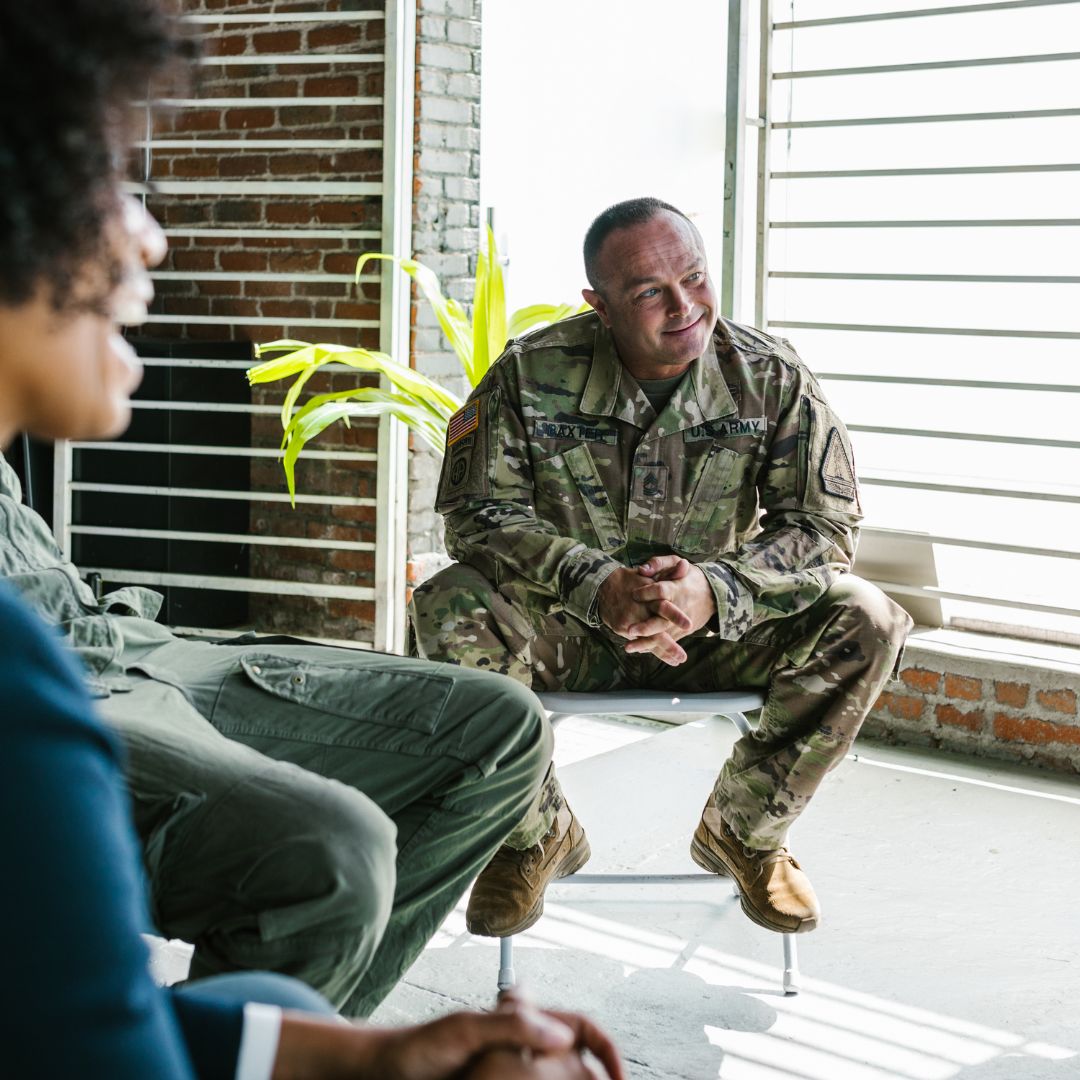
Myth 2: PTSD Happens Immediately After Trauma
Many people believe PTSD manifests right after a traumatic event, and if it doesn’t, the person is in the clear.
The Reality:
PTSD symptoms can emerge weeks, months, or even years after the traumatic event. Delayed-onset PTSD is common and may be triggered by a specific memory or an unrelated stressor. In India, where people often “push through” hardships without addressing emotional wounds, delayed PTSD can go unnoticed for a long time.
Take, for instance, Meera, a young woman who faced a traumatic flood in Kerala. She appeared fine initially but started experiencing nightmares and hypervigilance a year later during the monsoon season. Stories like Meera’s emphasize the need for continuous mental health awareness.
LifeHetu offers assessments that help identify PTSD symptoms early, even if they appear long after the trauma.
Myth 3: Talking About Trauma Will Make PTSD Worse
Families often discourage individuals from revisiting traumatic memories, fearing that it will intensify their pain.
The Reality:
While it’s true that discussing trauma can initially be distressing, professional therapy is designed to guide individuals through this process in a safe and controlled manner. Evidence-based therapies, such as trauma-focused cognitive-behavioral therapy (TF-CBT), have been proven to help individuals process their trauma and reduce PTSD symptoms.
For example, under the guidance of a LifeHetu psychologist, Aarav could slowly unpack his emotions and learn coping mechanisms to regain control of his life. Talking is not harmful; it’s the first step toward healing.
Myth 4: PTSD Is a Sign of Weakness
In a society where mental toughness is often glorified, PTSD is wrongly perceived as a weakness or a lack of resilience.
The Reality:
PTSD is not a reflection of someone’s character or strength. It is a natural response to abnormal circumstances. Surviving a traumatic event takes immense courage, and seeking help for PTSD is a sign of strength, not weakness.
This stigma is especially prevalent in rural India, where mental health conditions are frequently dismissed as excuses or labeled as “madness.” Platforms like LifeHetu are working to combat this by offering accessible, stigma-free counseling services across India.
Myth 5: PTSD Can Be Cured by Just Forgetting the Trauma
“Just forget about it and move on” is a phrase many PTSD sufferers hear. The assumption is that time alone heals all wounds.
The Reality:
PTSD isn’t something one can simply forget. Trauma alters the brain’s functioning, making it difficult to suppress memories or emotions. Professional intervention is essential to address these changes and help individuals lead fulfilling lives.
At LifeHetu, trauma therapists use scientifically backed methods like Eye Movement Desensitization and Reprocessing (EMDR) and mindfulness techniques to help individuals like Aarav and Meera regain control over their emotions.
Myth 6: Children Don’t Get PTSD
A common misconception is that children are too young to experience PTSD.
The Reality:
Children are equally vulnerable to trauma and its long-term effects. For instance, a child witnessing domestic violence or surviving a natural disaster may develop PTSD. However, their symptoms might look different from those of adults - bedwetting, clinginess, or re-enacting the traumatic event during play are common signs.
If you suspect your child is struggling, LifeHetu’s child psychologists are equipped to provide compassionate and specialized care.
Why Debunking PTSD Myths Matters
In India, where cultural and societal norms often suppress conversations about mental health, debunking myths is the first step toward creating a supportive environment. Addressing PTSD head-on can save lives, restore relationships, and improve overall well-being.
How LifeHetu Can Help
At LifeHetu, we’re committed to empowering individuals with the knowledge and tools to address mental health concerns like PTSD. Here’s how we can support you:
- Expert Psychologists: Our team includes some of the best psychologists in India, trained in trauma-focused therapies.
- Personalized Care: We offer tailored treatment plans to address your unique needs, ensuring comprehensive and compassionate care.
- Accessible Counseling: With both online and in-person sessions, LifeHetu makes mental health support convenient and stress-free.
- Awareness and Education: Through blogs, webinars, and workshops, we aim to educate communities about mental health, breaking the stigma one conversation at a time.
Practical Steps You Can Take Today
If you or someone you know may be dealing with PTSD, here are a few steps to consider:
- Recognize the Signs: Pay attention to recurring nightmares, flashbacks, or emotional numbness.
- Seek Professional Help: Platforms like LifeHetu connect you to trusted professionals who can guide you on your journey.
- Build a Support Network: Reach out to friends, family, or support groups who can provide emotional encouragement.
- Practice Self-Care: Incorporate mindfulness, exercise, and relaxation techniques into your daily routine.
Remember, reaching out is the first step to healing.
Key Takeaways
PTSD is a condition that requires understanding, empathy, and professional care. By debunking these myths, we can create a society where individuals feel safe to seek help without judgment. Platforms like LifeHetu are here to ensure that no one walks this journey alone.
If you or a loved one is struggling, take the first step today. Explore LifeHetu’s range of counseling and therapy services and reclaim your life. Healing is possible, and we’re here to help.
Sources
- Krishnakumari K, Munivenkatappa M, Hegde S, Muralidharan K. A Systematic Chart Review of Adults with Post-Traumatic Stress Disorder: Data from a Tertiary Care Psychiatry Center in India. Indian J Psychol Med. 2022 Jul;44(4):378-383. doi: 10.1177/02537176211035074. Epub 2021 Oct 3. PMID: 35910407; PMCID: PMC9301746.
Related Reads. Similar Blogs to Check Out.
